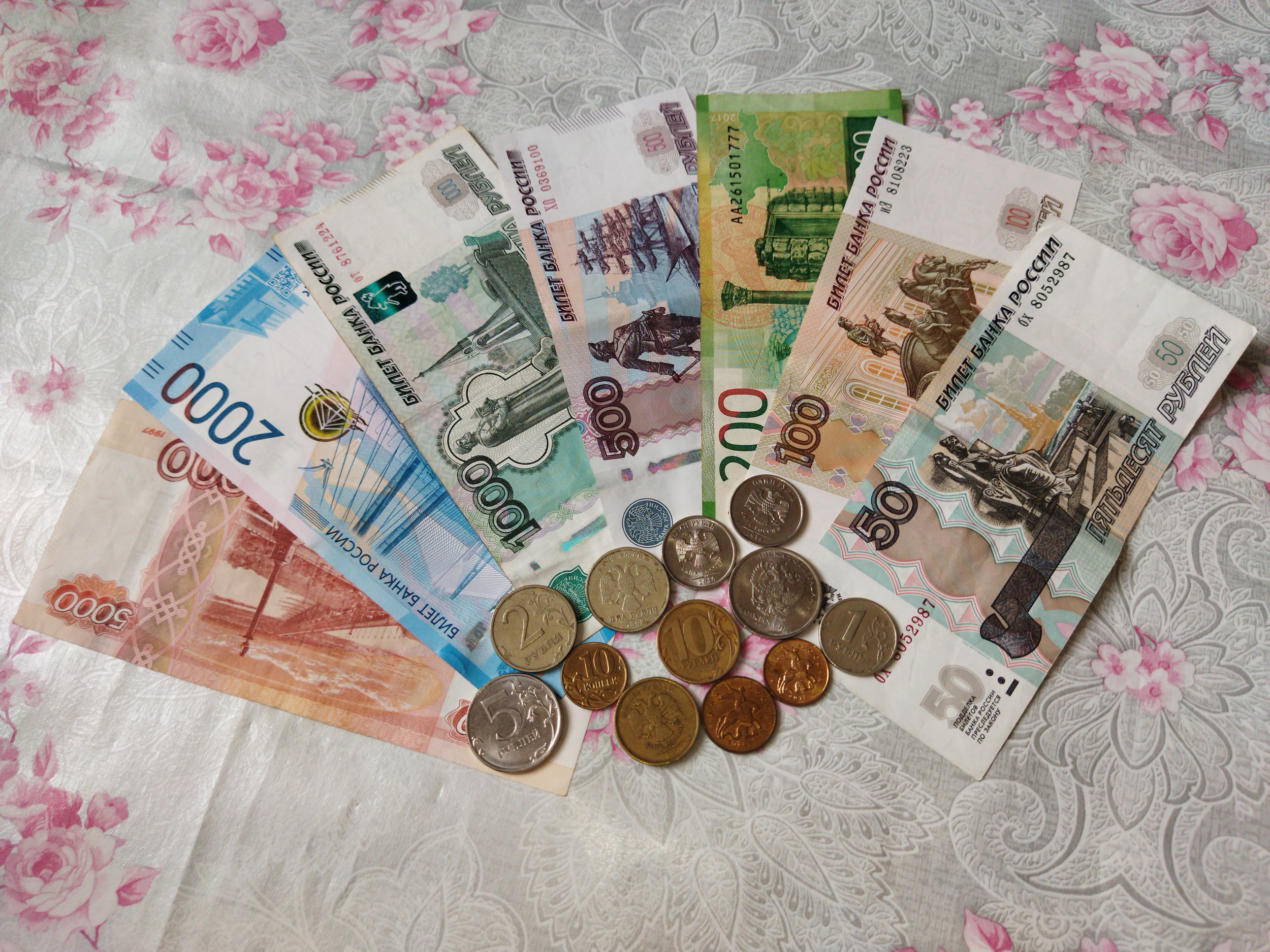Israeli Prime Minister Forges New Bonds In Historic First Visit to Bahrain
Prime Minister Naftali Bennett delivers a speech in Jerusalem before being elected in 2021 (Yonatan Sindel/Flash90)
Israeli Prime Minister Naftali Bennett traveled to Bahrain on February 14, his visit signifying the strengthening of ties between Israel and Bahrain in opposition to Iranian influence. It was also the first official visit of an Israeli Prime Minister to the country. Bennett met with the Bahraini King Hamad bin Isa al-Khalifa, as well as the Bahraini Crown Prince, and Prime Minister Salman bin Hamad al-Khalifa, in Manama on September 15. They discussed the strengthening of commercial ties and normalization of military cooperation in light of shared concerns over Iranian influence.
In an interview shortly before his visit to Bahrain, Bennett expressed that, “especially in these tumultuous times… it’s important that from this region we send a message of goodwill, of cooperation, of standing together against the common challenges and of building bridges to the future.” Similarly, the Crown Prince stated during his meeting with Bennett that, “If we seek a wider Middle East that is free from conflict, that is based on principles of mutual respect, understanding, and a shared responsibility towards security, we must do more to get to know one another.”
The creation of official political relations between Israel and Bahrain began in 2020 with the signing of the U.S.-brokered Abraham Accords. These accords established Bahrain as one of only four Arab majority countries to maintain formal diplomatic ties with Israel, alongside the United Arab Emirates (UAE), Egypt, and Jordan. Bahrain had refused to establish diplomatic relations before 2020, in response to Israel's treatment of Palestine, subscribing to a regional trend still adhered to by Saudi Arabia and formerly joined by the UAE.
In recent years, however, these differences have been overshadowed by the looming regional threat of Iran. The Sunni Muslim royal family has repeatedly accused Iran of inciting unrest among Bahrain's Shia majority population, including allegations surrounding two attempted coups in the 1980s. Meanwhile, Israel has long fought at the forefront of countering Iranian regional influence, and has been the target of Iranian-backed rebel groups including Hezbollah in Lebanon and Hamas in Gaza.
Bennett’s visit took place amidst rising tensions between Iran and its neighbors, following numerous missile attacks on the UAE from Iranian-backed Hothi Rebels in Yemen and fears over weakening support from the rest of the world in the event that a nuclear deal is renegotiated. Currently, Iran is engaged in official negotiations with Britain, China, France, Germany, and Russia and unofficial negotiations with the United States to curb Iran's nuclear program in return for sanctions relief. Israel, however, strongly opposes the potential return to the 2015 agreement abandoned by former President Trump in 2018. There is a widespread fear amidst Israeli government officials that the increased revenue for Iran would only be directed towards the purchase of more conventional weapons for use against Israel, Bahrain, and other opposing states.
Prime Minister Neftali Bennet’s recent visit was preceded by a visit from Israeli Defense Minister Benny Gantz to Bahrain on February 2. There, the two nations signed a memorandum of understanding to share intelligence, hold joint training exercises, and station an Israeli naval officer in the country as part of an international coalition. Additionally, Israel stated its intent to cooperate on air defense, but has not yet clarified if this will include the use of its iron dome system.
Recently, cooperation between Israel and Bahrain in the commercial realm has also increased. Trade between the two states rose to $300,000 in early 2021 from a point of virtual nonexistence during the first half of 2020. Bennett's visit expanded upon this economic foundation with an agreement between Israeli and Bahraini banks, as well as an agreement to share expertise and technology between water authorities.
Despite these potential economic benefits and shared interests surrounding security, this symbol of greater friendship with Israel was not received positively by all of Bahrain. Much of Bahrain's population still opposes Israel over the situation in Palestine, demonstrated through several brief protests in anticipation of Bennett’s visit.











